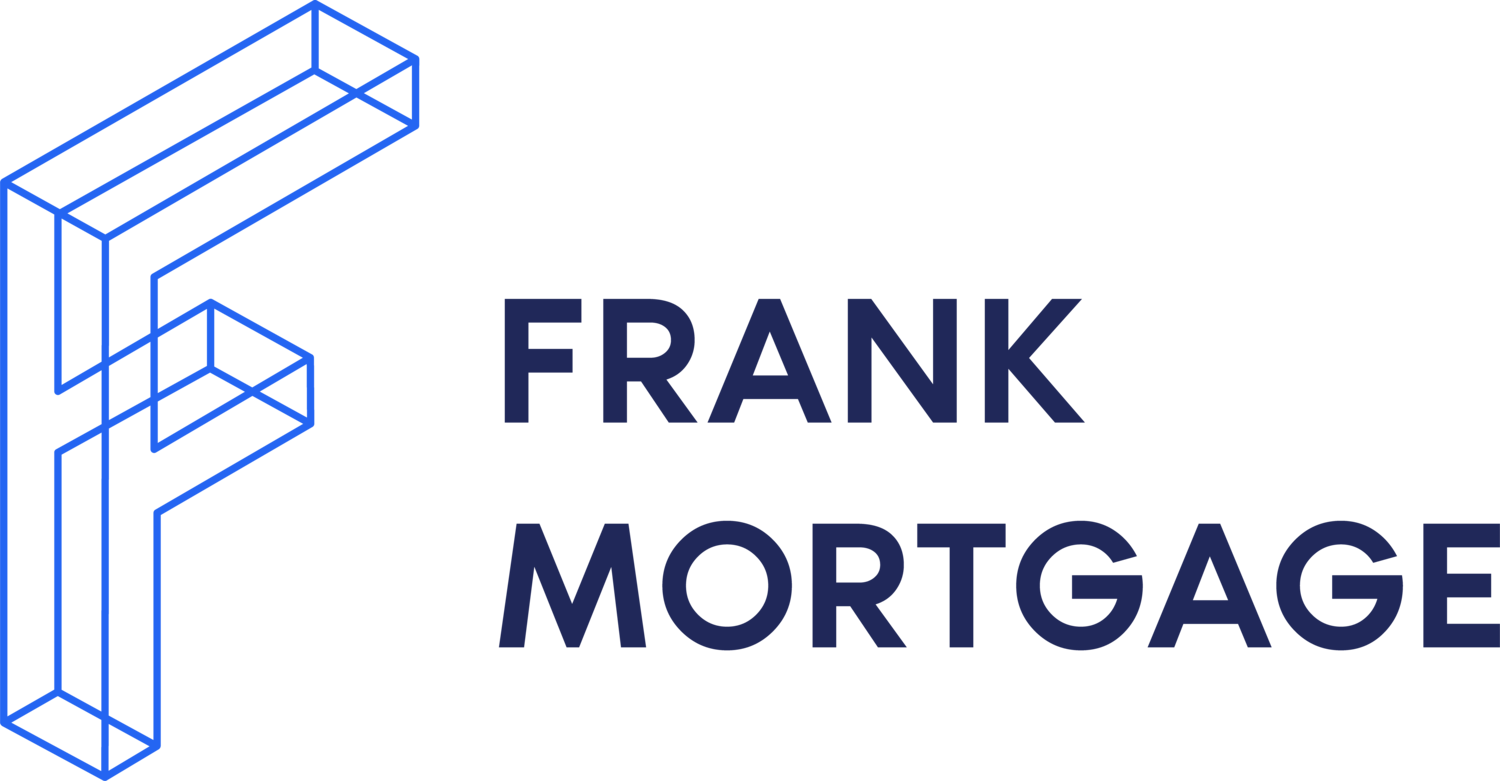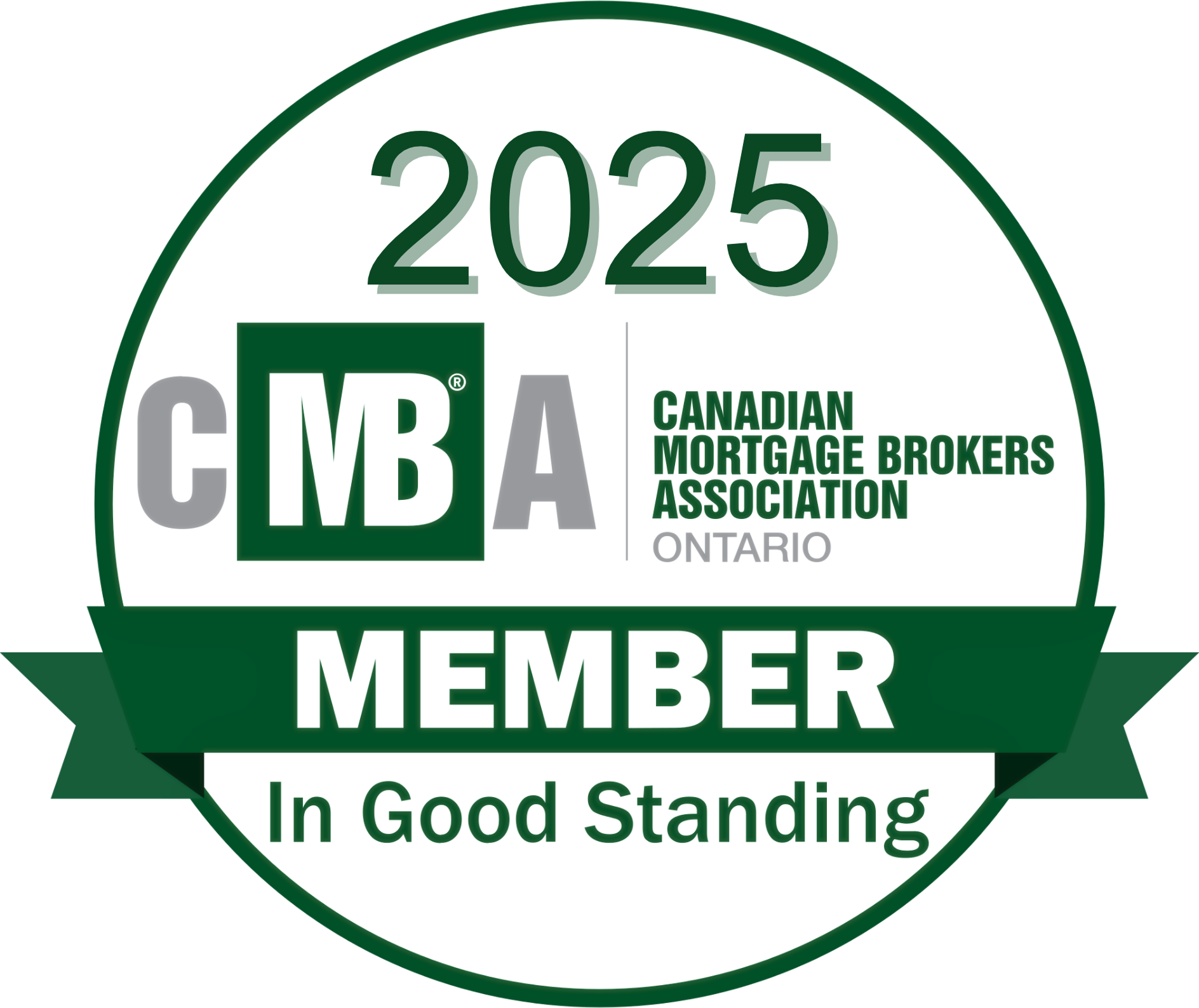Mortgage Affordability
Advice For Existing Mortgage Borrowers

In recent years, the landscape of the Canadian mortgage market has undergone significant changes, presenting challenges for existing borrowers. For a review of the myriad changes and constant government meddling in the market see here - Changes in The Canadian Mortgage Market
Rising interest rates, ever-changing underwriting criteria, and the continuation of the mortgage stress test have made it increasingly difficult for many to afford their current mortgages. Concerns about mortgage renewal are causing anxiety for countless others. If you find yourself in this situation, you are not alone. In this blog post, we will address the challenges you may face and provide valuable guidance on how to navigate these turbulent waters.
Challenges Faced by Existing Mortgage Borrowers
Rising Interest Rates
Interest rates have been on the rise, impacting the affordability of mortgage payments for many borrowers. As rates increase, pressure increases on household finances as the cost of debt soars. Hopes for a decline in rates have recently faded and the mindset in the mortgage market regarding interest rates today is “higher for longer”. Borrowers need to accept that rates will likely remain high for some time. The most optimistic pundits now suggest that rates won’t begin to decline until the latter half of 2024.
As a current mortgage borrower, if you have a fixed rate mortgage with term remaining you are in good shape. If you have a variable rate mortgage, the stress of either higher payments or extended amortization is with you today. With either type of mortgage you need to plan for higher rates on renewal if your renewal date is approaching.
Negative Amortization
For many borrowers at five of the big banks, the static-payment, variable-rate mortgage product is problematic. OSFI has stated they hope to see these mortgage products offered less frequently in the future. Hindsight is 20/20.
With rates higher now, it is estimated that there is over $360 billion of these mortgages in negative amortization in Canada. While those borrowers may not have had to deal with increasing mortgage payments over the past year and a half, they are facing a significant payment shock when their mortgage renews. The banks will want the mortgages returned to their original amortization schedule at renewal. This means that most borrowers will have to either i) make a large lump-sum payment of principal, or ii) increase their future monthly payments by a material amount. Unfortunately, some borrowers will not be able to afford this and may have to sell their homes. Their flexibility will be limited because refinancing into a better situation may not be possible, due to the unnecessary use of the stress test on renewals.
Stringent Underwriting and Mortgage Stress Test
egulators have enforced layers of new underwriting rules onto lenders over the past decade. These changes have been guided by a concern about the risks the mortgage market presents to the financial stability of our financial system. While these risks do exist, the mortgage market has historically performed exceptionally well from a risk perspective. The cause for concern is questionable and, unfortunately, these changes have the greatest impact on those on the lower end of the economic spectrum, who present the least amount of risk to the system.
The stress test and tighter underwriting makes it more difficult for those starting out to enter the housing market. Whereas wealthy homeowners and highly levered investors continue to benefit from inflated housing values, unconcerned about underwriting changes that don’t affect them. We see the efforts from government to tighten the screws on the average Canadian to be economically discriminatory. They advance the few at the expense of the many.
Rule changes from above and a housing market overheated by recent low interest rates, has led lenders to become more cautious. They have implemented stricter underwriting standards for borrowers and don’t deviate from the stress test in their efforts to appease regulators and hold onto existing customers. Even existing borrowers have seen their choices dramatically reduced by the new rules being enforced by the government.
Mortgage Renewal Concerns
For existing borrowers approaching the end of their mortgage term, renewing into a higher rate environment may cause financial strain. The best borrowers who may want to simply remain with their current lender, all face the consequences of higher rates. But what if you do not want to remain with your current lender? What if you want to have options on your renewal?
While the rules imposed by the banking regulator are in place to promote macro-level concerns about financial stability, they can create hurdles for existing borrowers seeking options when their mortgage renews. A simple renewal with your existing lender may be straight-forward but a refinancing with a different lender has been made more difficult because you need to qualify at stress-tested rates close to 8% today.
Even though renewing borrowers do not present a new systemic risk since they are already in the mortgage system, OSFI insists that they be stress tested if they choose to refinance with a new lender. This effectively traps many borrowers at their current lender who does not need to use the stress test at renewal. If there are good reasons for them to leave their current lender, such as poor service or uncompetitive rates, they may not have a choice. At a time when so many borrowers are stressed by high interest rates, such a policy is difficult to justify.
The government has directly limited your mortgage options and choice at renewal which is absurd when you consider how significant a mortgage is to the average Canadian’s finances.
Guidance for Struggling Mortgage Borrowers
Review Your Finances
Thoroughly assess your current financial situation. Create a comprehensive budget that outlines your income, expenses, and debt obligations. Understanding your financial standing is crucial in making informed decisions. You should get a free copy of your credit report from either Equifax or Transunion so you can see what a lender will look at when they pull your credit report. We advise against making any bets that interest rates may move in one direction or another. The focus should be on making sure you can afford the mortgage you currently have and to be prepared for renewal.

Seek Professional Advice
Consult with a financial advisor or mortgage broker to explore your options. They can help you understand the implications of rising interest rates, guide you through the mortgage requirements including the mortgage stress test, and offer personalized solutions tailored to your needs. Even if the best solution is for you to remain with your current lender, a good advisor or mortgage broker can help you make that decision.
Consider Mortgage Refinancing
Refinancing your mortgage might be a viable option. By refinancing, you could secure a lower interest rate, consolidate high-interest debts, or extend your remaining amortization, thereby reducing your monthly payments and easing financial strain. You will need to pass the stress test to refinance with either your current lender or a new lender.
Renewing with your current lender means you do not change the mortgage terms from your existing mortgage contract, you just get a new rate and payment. But if you want to change terms such as increasing the remaining amortization or increasing the balance then you need to refinance. A refinance will require a fresh underwriting where the lender will review your income, employment, credit, and other factors to determine your eligibility for the new mortgage terms you seek. You would also have to pass the mortgage stress test. If you can do all this to find a better mortgage, you might as well shop around and find out which lender in the market can provide you the best rates and terms. This is where a good mortgage broker, like Frank Mortgage, can help. The more choice you have, the more likely you are to find a positive financial outcome.
Guidance for Worried Borrowers Facing Renewal
Start Early and Prepare
Begin the renewal process well in advance of your mortgage term expiry. Early planning allows you ample time to negotiate with your current lender and explore different lenders, interest rates, and mortgage terms, enabling you to make a well-informed decision.
Negotiate with Your Current Lender
Engage in open communication with your existing lender. They may be willing to negotiate your renewal, potentially offering a lower interest rate or more favorable terms, especially if you have a strong payment history.
Consider Fixed vs. Variable Rates
Evaluate whether a fixed or variable interest rate suits your financial situation better. Fixed rates provide stability, ensuring your payments remain constant, while variable rates can offer savings if interest rates decline.
Consider your need for flexibility
Do you plan to own the property for the long-term? If so, a longer-term mortgage on renewal may be suitable, and you can worry less about interest rates and prepayment penalties during the term of the mortgage. However, if you think you might need to move or sell your home in the near future that should factor into your analysis. A shorter-term mortgage might work better. You should understand the prepayment flexibility and prepayment penalty calculations employed by any lenders you are considering and consider fixed vs variable for their penalty differences (variable rate mortgages attract lower prepayment penalties). There are material prepayment penalty calculation differences between lenders, with the big banks usually having the most onerous penalties. For a discussion on prepayment penalties please see here - Mortgage Prepayment Penalties in a Declining Rate Environment
Final Thoughts
Careful planning, thorough research, and professional guidance can help you manage your mortgage needs. Existing borrowers need to be proactive. Don’t leave your renewal or refinancing to the last minute.
With high interest rates, the cost of renewing your mortgage may be a shock. It is in your best interests to prepare ahead of time and shop around for the deal that best fits your personal situation. The more time you have to prepare and the more time your mortgage broker has to understand your situation, the better your outcome. Although, please note that even if you seek advice, the decision is yours to bear. Don’t let an advisor force you in a certain direction. You have the power to make your own informed decisions that will secure your financial future.
If you have questions or need personalized advice, do not hesitate to reach out to mortgage professionals, like Frank Mortgage, who can provide tailored solutions based on your unique circumstances. We are here to help, and your financial well-being is our priority.
We are a simple click Frank Mortgage, or phone call 1-888-850-1337 away.
Related Pages:
About The Author

Don Scott
Don Scott is the founder of a challenger mortgage brokerage that is focused on improving access to mortgages. We can eliminate traditional biases and market restrictions through the use of technology to deliver a mortgage experience focused on the customer. Frankly, getting a mortgage doesn't have to be stressful.






